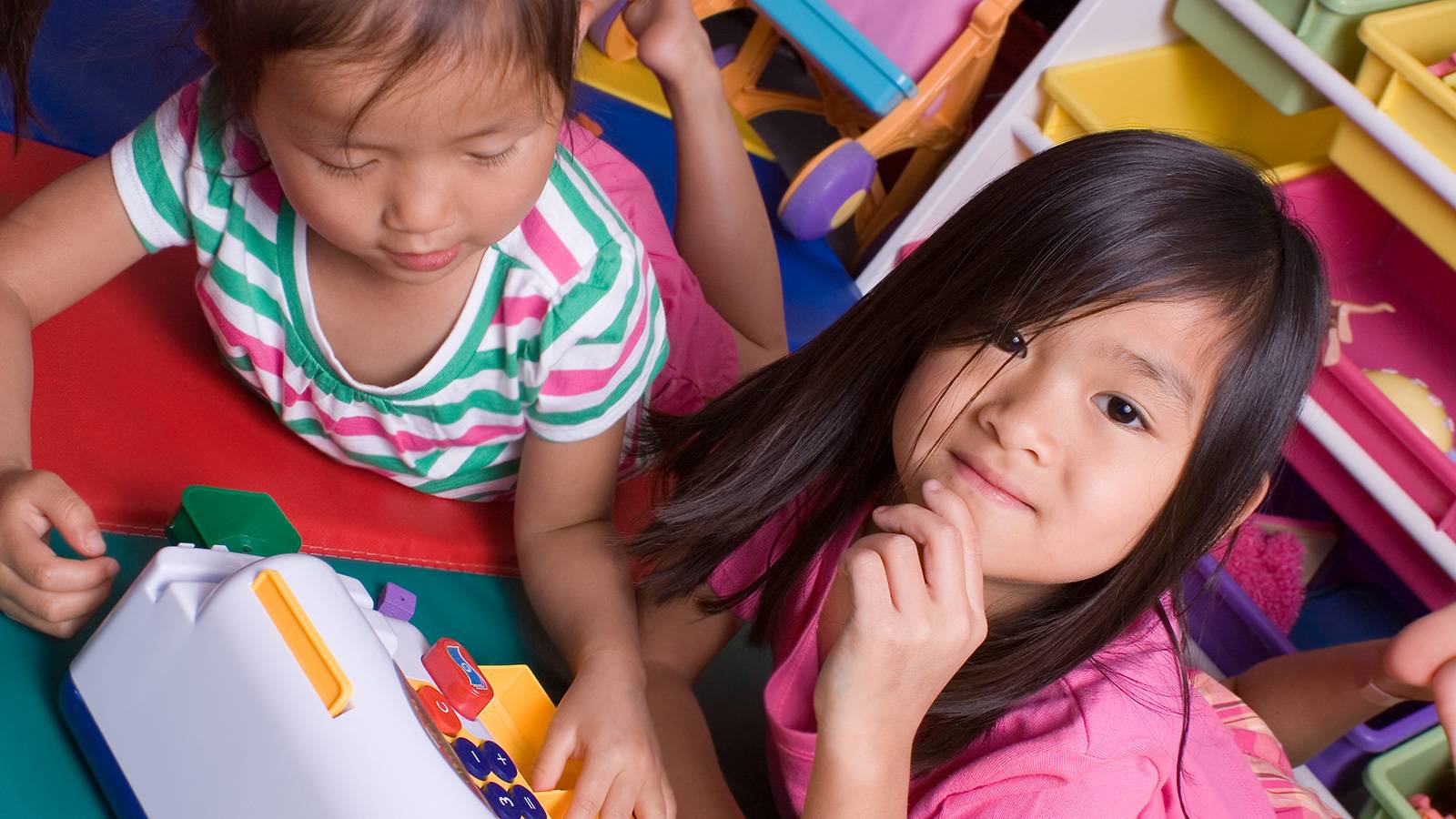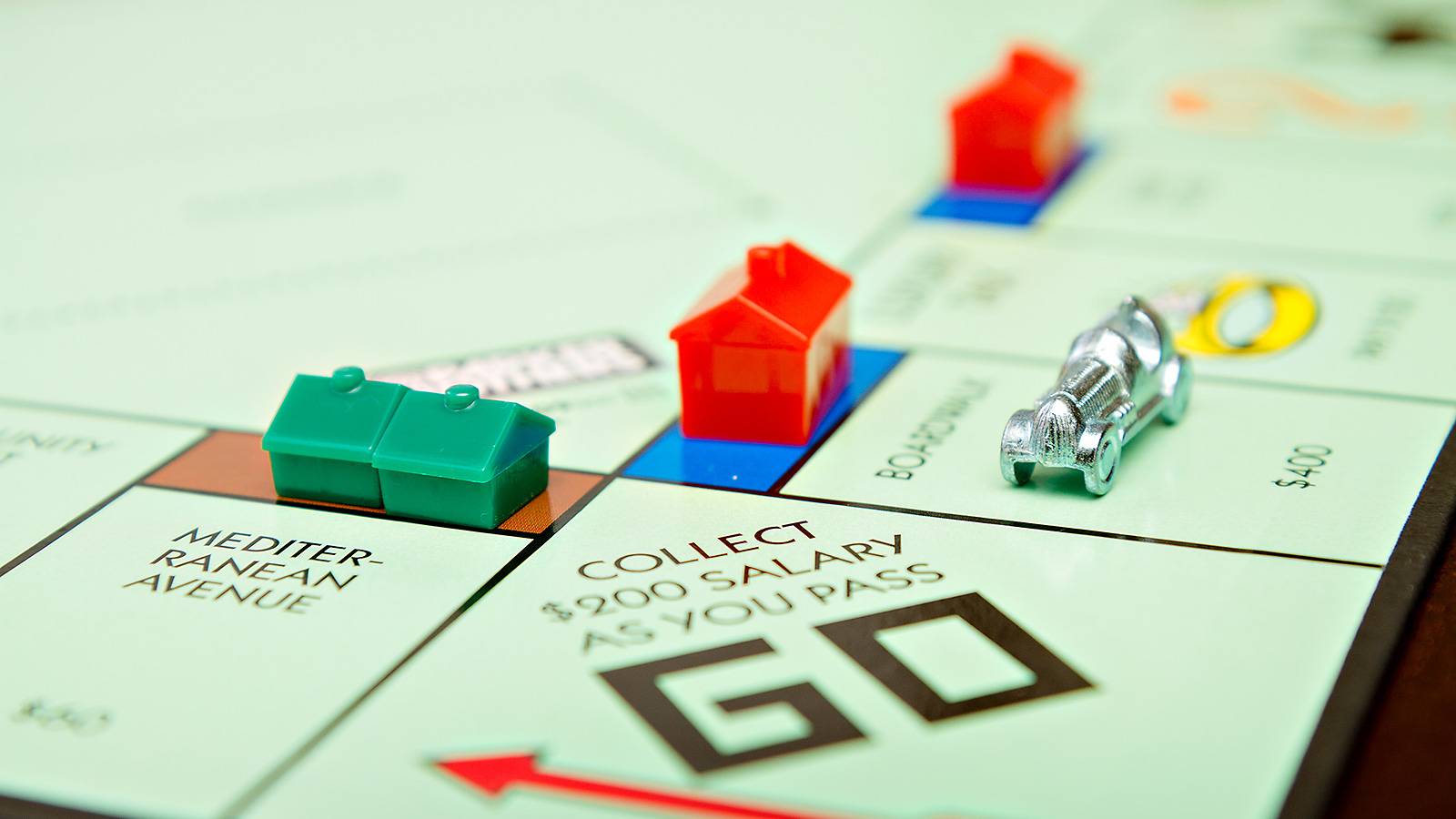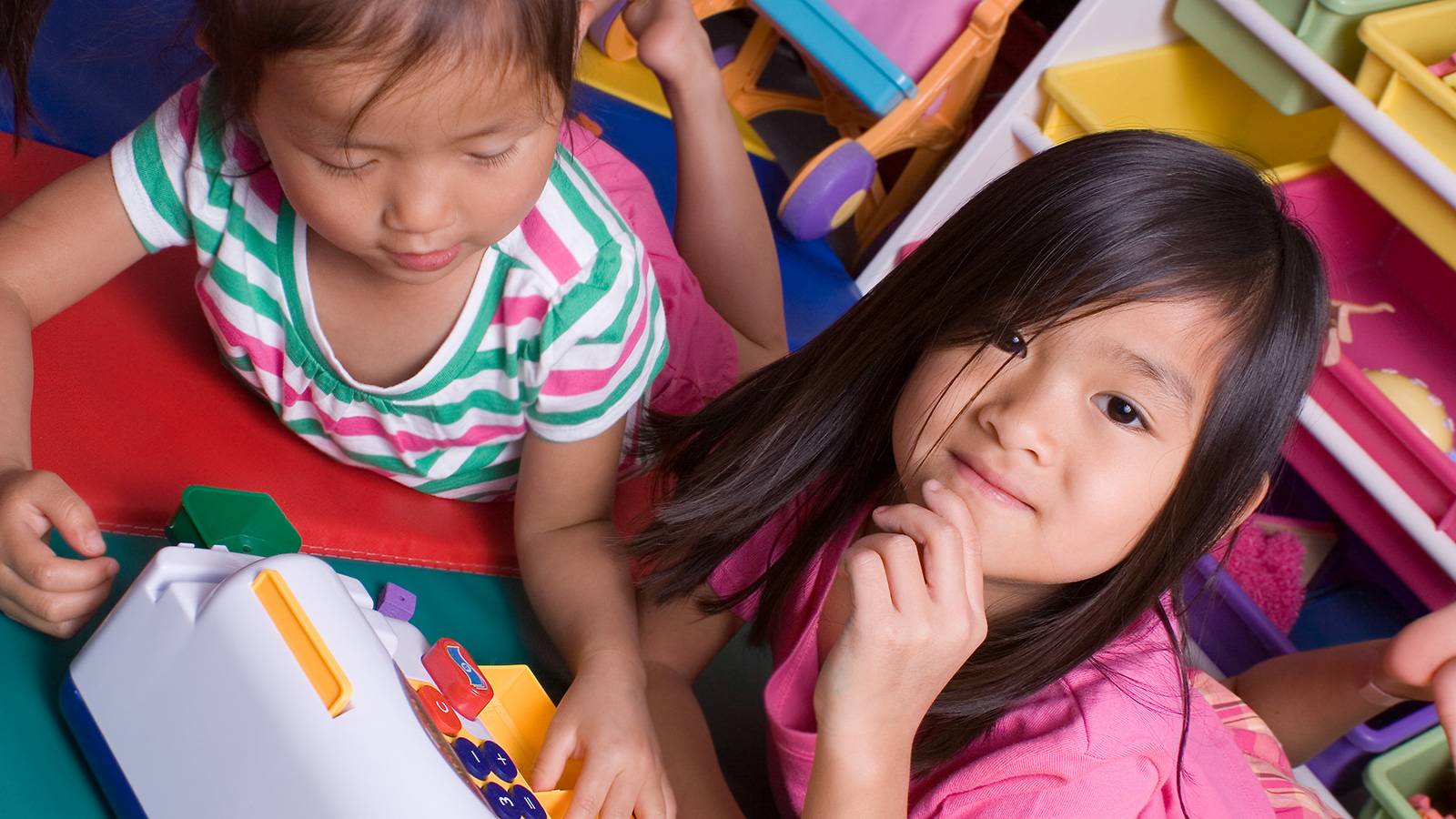Start early and teach your child about the importance of money with these amusing and simple leisure activities.

To most kids, money is just a colourful piece of paper their parents exchange for yummy snacks and goodies. They don’t understand the different monetary values, much less the importance of what currency can do.
Although your little one will be taught the value of money in Mathematics class when he enters Primary school, it is never a bad idea to start prepping and teaching him about the importance of money from a young age.
So, how do we engage our little ones and get them to learn the importance of money? Without boring them out of their minds! So, try these games to educate them on the value of money.
1. In-house supermarket shopping
Instead of buying one of those massive grocery shop toy sets that take up a quarter of your child’s bedroom, why not create your own supermarket?
How to play: Grab a few of junior’s beloved items, and put them together with items from you kitchen. Include stuffed toys, a cup, a pack of biscuits or candy bars, and assign prices to them using placards.
Using cardboard and paper, make your own cash register with a little drawer to store cash. You can even draw buttons and pretend to press them, like a real cashier does, to create an element of realism and giggles for your tiny customer.
Hand your tot a purse with real dollar bills and coins. You will be acting as the cashier while he acts as the shopper to “purchase” the items he wants from you. You can return him some change after his purchase and remind him to count it to check if he has the correct amount. Take turns to act out the different roles. You can even enlist the help of your husband, or an older sibling to join in and act as a confused shopper, so that your child gets the opportunity to help someone else, too!
This game will help your tot to understand that all his snacks and goodies actually cost money, and that you need to work hard to earn it.
This game is perfect for kids who are entering Primary school soon... They will be learning about the differing monetary values and how to count them.
2. Money matching, mathematics and memory
This game is perfect for kids who are entering Primary school soon and are about to receive pocket money for the very first time. They will be learning about the differing currency values and how to count money.
How to play: Cut out 16 cards and make pairs out of them. Leave one side blank, and the other side of each pair, draw low-priced items that junior is most likely to want on a daily basis, such as a plate of fried rice at the school canteen, toys, or stationery. Assign a realistic price to it, and write it down next to the item.
On each item’s “matching” card, draw out the coins that correspond to the price of each item. It might be more convenient and effective to print out images of local coins and glue them to the cards, so that it is easier for your child to recognise the value of each coin when he uses them in the future.
Flip all of them to the blank or decorated side and shuffle the cards. When you lay them out, the side with the coins and items should be facing down. Take turns to flip two cards over and see if the item and its price on one card correspond to the total value of coins on the other card. Flip the cards back down if they do not match.
Count the value of the coins out loud with your kid during each of your turns. If you want to turn it into a competition, keep the cards that have been matched and see who matches the most number of cards. The game ends when all the cards have been matched.
Click through for more games that will help teach your child about money!

Playing with property
If your little champ is too old for play-pretend and elementary card games, board games such as Monopoly can help to hone their mathematics skills as well.
In this game, you and your children will be entertained buying, mortgaging and renting properties, so you’ll spend hours trying to calculate which moves are most financially strategic in helping you to achieve the end goal. The winner has the highest net worth from cash and property values.
Players will have to constantly balance the impact of their in-game investments and choices, with the market changes ― that is, moves the other people make. Events like going straight to jail also teaches your kids how to handle emergencies and their cash flows when they become financially strapped.
If your little champ is too old for play-pretend and elementary card games, board games such as Monopoly can help to hone their Mathematics skills as well.
4. Making financial decisions close to real life
Another useful board game to help introduce your little learner to financial negotiations and decision-making is The Game of Life, which takes players through realistic stages of life while dealing with issues like loan repayments, interest and the effects of events like career choices and unemployment, on income and cash flows.
Given the historic popularity of these board games ― the Game of Life has been in existence since 1860 and Monopoly since the 1930s, there is a high chance that you’ll be able to borrow these games from a relative, neighbour or a friend, so you can save money on its purchasing!
This article was written by BankBazaar Singapore, a leading online marketplace in Singapore that helps consumers compare and apply for the best offers across all financial products: credit cards, personal loans, home loans, car loans & investments.
Main photo: iStock
In case you missed these reads…
5 fun ways to teach your kid about money
10 good money habits to have
Money Talks: Don’t let money mess up your marriage
